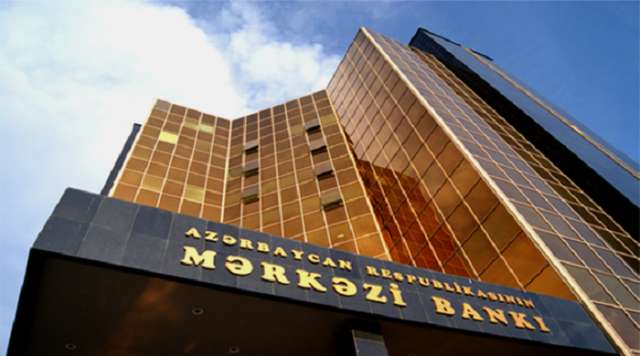The EBRD has long placed a strong focus on local currency lending and the development of local capital markets, especially since the 2008-2009 financial crisis, which exposed overdependence on foreign currency borrowing as a major vulnerability of emerging markets in its regions.
That vulnerability has intensified since the outbreak of the COVID-19 pandemic, making the availability of local currency financing more essential than ever.
The EBRD and the National Bank of Georgia established a $200 million swap facility in late April that allowed the EBRD to secure access to liquidity in the local currency and lend in lari to firms that are experiencing temporary difficulties.
A $500 million swap facility with the National Bank of Ukraine has increased the availability of Ukrainian hryvnias to local firms affected by the coronavirus.
In May, the EBRD joined forces with the Central Bank of the Azerbaijan Republic with a $200 million swap facility for on-lending to local companies.
The EBRD moved to address this challenge by sealing currency swap agreements with central banks in three of its economies: Georgia, Ukraine and Azerbaijan.
The swap facilities secure reliable domestic access on a temporary basis to Georgian lari, Ukranian hryvnia and Azerbaijani manat liquidity and is in line with the EBRD strategy to develop capacity to source and manage local currency risks on domestic markets.
This allows the EBRD to offer more sustainable local currency products to domestic borrowers and to support and enhance domestic market development through direct participation.
Dealing with domestic counterparties gives the EBRD a better understanding of the dynamics of the markets and puts it in a better position to work with domestic counterparties to address any problems through reforms or capacity building.
Since 2008, the outstanding local currency loan and bond portfolio the EBRD manages has increased steadily to reach currently about 20 percent of the total outstanding portfolio.
Increased local currency lending is just one element in a comprehensive series of response and recovery measures within the EBRD’s Solidarity Package” that helps countries in the Bank’s regions deal with the immediate impact of the coronavirus as well as its aftermath.
The bank stands ready to provide support worth 21 billion euros over the 2020-2021 period, dedicating the entirety of its activities to COVID-19 response.
The Solidarity Package includes a 4 billion euros Resilience Framework providing finance to meet the short-term liquidity and working capital needs of existing clients.
It is also increasing its trade finance support, offering fast-track restructuring for distressed clients, reaching out to new clients and has created a new emergency facility to meet essential infrastructure requirements.
More about: #EBRD #CentralBank
















































